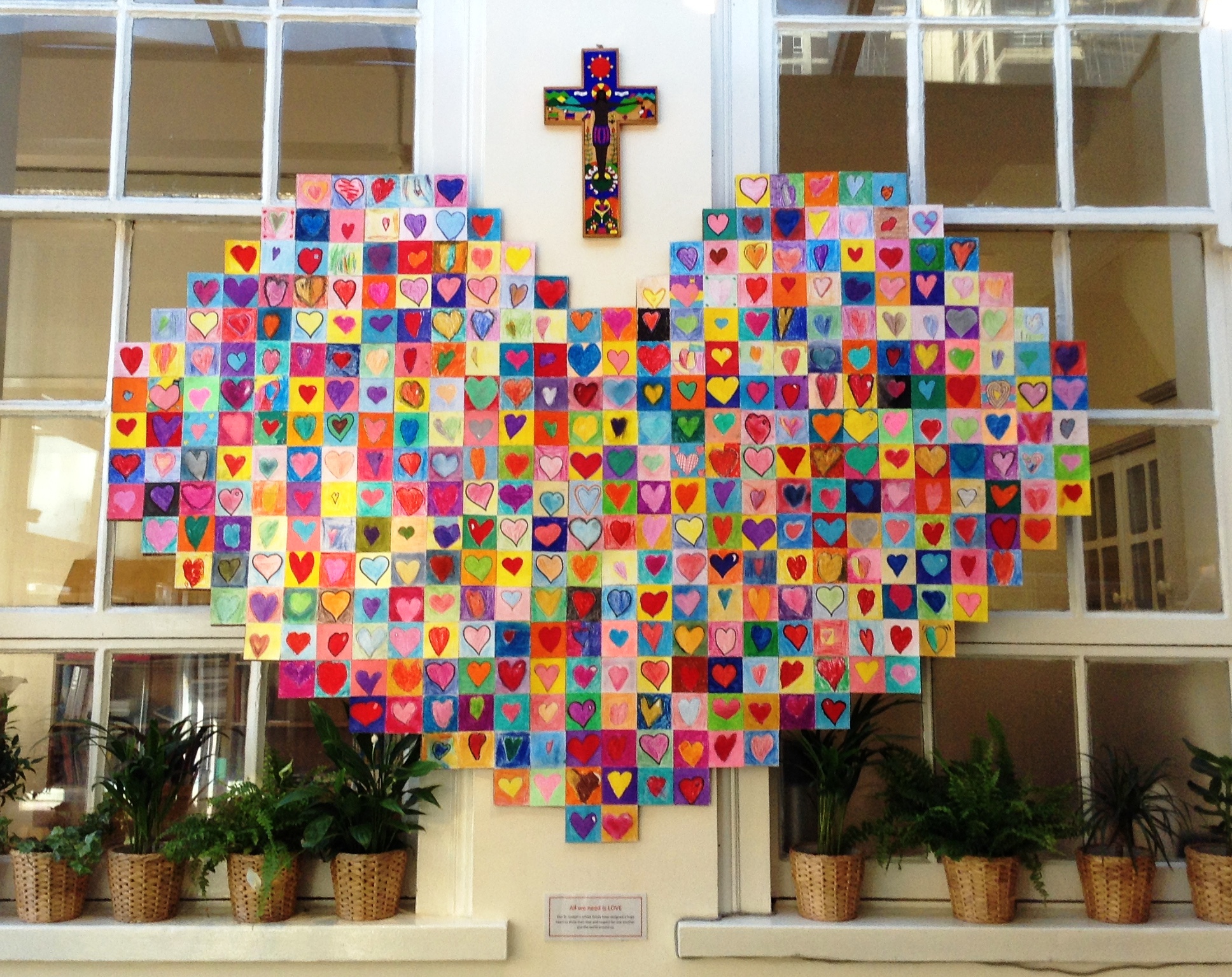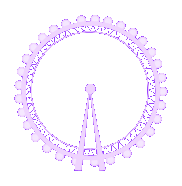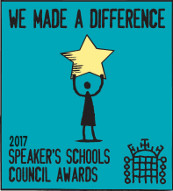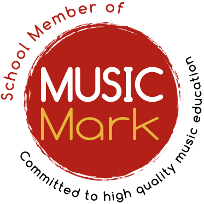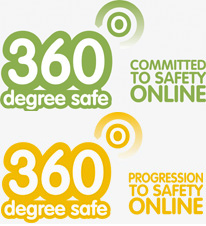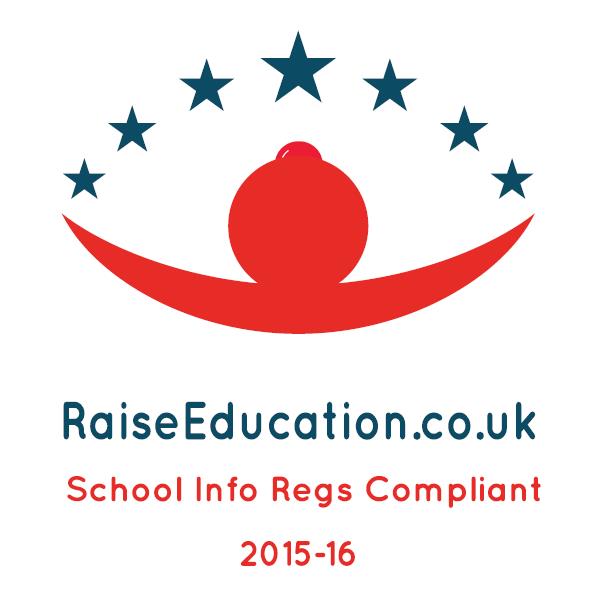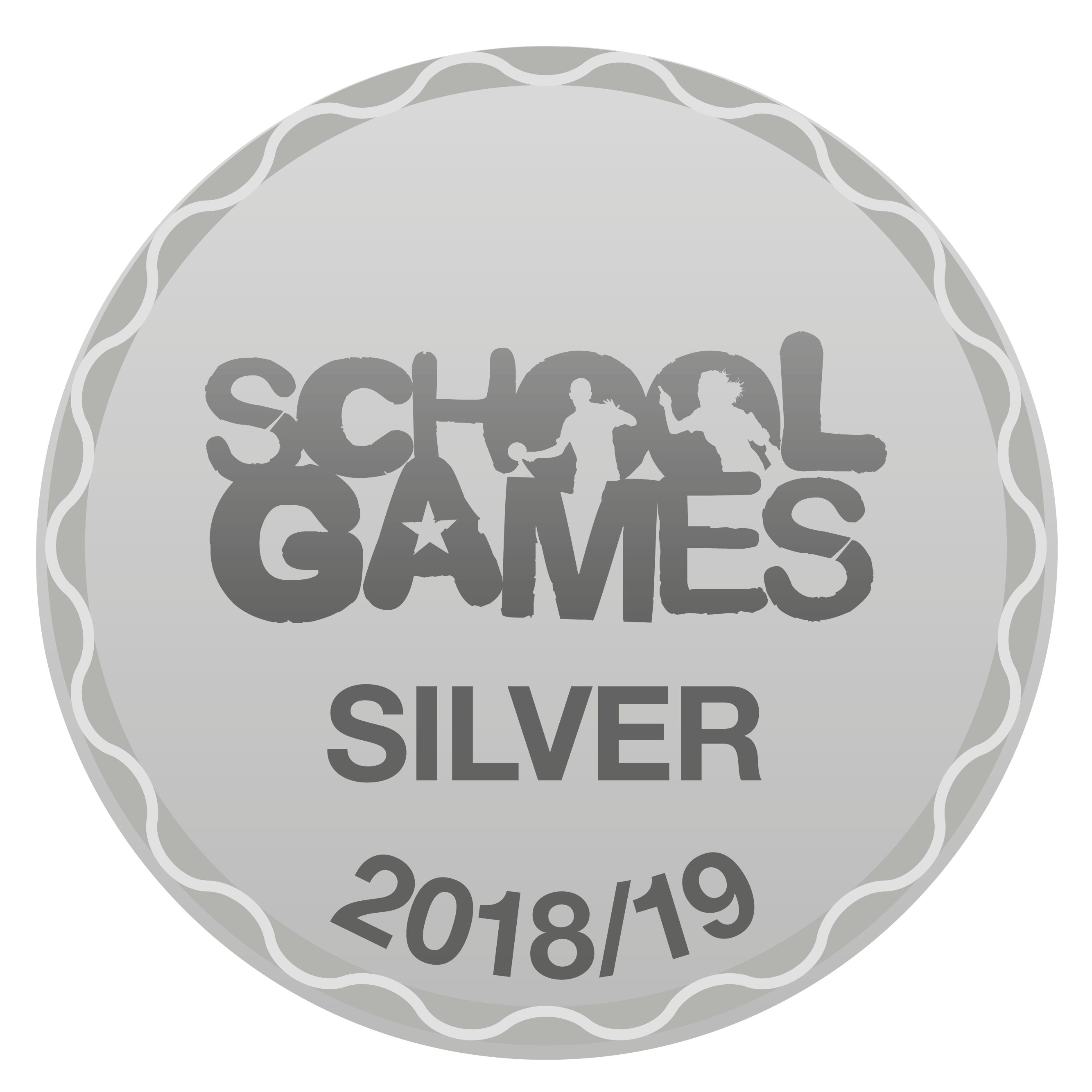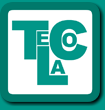|
The primary purpose of Catholic Religious Education is to come to know and understand God’s revelation which is fulfilled in the person of Jesus Christ.’
(Religious Education Curriculum Directory (3-19) for Catholic Schools and Colleges in England and Wales 2012)
At St Joseph’s, Religious Education is central to the life of our school. We aim to educate our children and guide them in becoming religiously literate young people who will in turn pass on the gift of faith to future generations. We want every child to be happy and enthusiastic learners of RE, and to be eager to achieve their very best in order to fulfil their God-given talents. We firmly believe that the recipe for success is high quality first-wave teaching in RE, which is central to the life of our happy, caring school.
|
|
At St Joseph’s we will:-
Enable each child to develop a deeper understanding of the Catholic faith, promote respect for religious and moral values and tolerance of other races and religions
Foster the growth of each child’s potential through the development of respect for self and others
Promote the individual talents and abilities of pupils to ensure that each child
fulfils his or her full potential.
Promote an understanding and care of the environment in which each child finds him or herself.
Promote a close and co-operative relationship between home, parish and school.
In the school community we live by the motto:-
We believe that God is always with us in whatever we do.
- Our principal aim is that children leave St Joseph’s School with a wide range of happy and rich memories in RE formed through interesting and exciting experiences driven through an engaging and comprehensive curriculum which is the basis of knowledge and understanding of the Catholic faith, enabling them to develop a living and personal faith in Jesus Christ and allowing them to know and love God.
- RE is the foundation of the entire education process and permeates all areas of the curriculum and school life.
- Children will meet the Diocesan Standards for Primary Religious Education, which will be taught by highly qualified staff who will engage children’s intellect, heart and imagination, inspiring enthusiasm and interest in RE.
- Children will develop an awareness of God’s presence in their lives and the lives of others, developing the spiritual life of each child through prayer and reflection.
- Children will develop a well-formed conscience allowing them to make sound moral judgements in the light of personal commitment to God.
- Parents, family members, friends of whatever faith and parishioners will attend Masses and religious celebrations within the school and pupils will participate in parish activities outside of school time, promoting good links with the Parish of St Joseph’s.
- Children, and their parents, will develop the knowledge, understanding and appreciation of the Sacraments.
- RE will play a central role in the school’s work on spiritual, moral, vocational, social and cultural education.
- Children will be prepared for life in a multi faith society by fostering respect for and understanding of rich cultural diversity.
- A programme of family life education, which conforms to the teaching of the Catholic Church and follows Diocesan guidelines, will be provided.
- RE is a core subject of the curriculum and all children will study RE for 2hrs 15 mins per week in Key Stage 1 and 2 hrs 30 mins per week in Key Stage 2.
- Opportunities will exist for children of all ages to experience learning beyond the classroom. This will allow them to enrich their knowledge by, for example, visiting different places of worship, local parish church, St George’s Cathedral, including other faiths
- Children will develop a deep understanding of the RE unit they are studying. They will increasingly use their prior knowledge to develop into religiously literate young people.
- In RE, children will develop the skills to make links and connections, engage and respond, analyse and evaluate using sources of evidence.
- Skills in other subjects will be applied in RE and children will be encouraged to investigate the faith with enthusiasm and rigour.
· Children will develop a real understanding and appreciation of the world learning from a range of sources and experiences.
|
- The curriculum hours in RE are non-negotiable and will be followed by all staff in the school. Fixed timetables will be set every term and monitored by the Senior Leadership Team of the school.
- The staffing and resourcing devoted to RE is of the highest standard
- The Subject Leader for RE will meet the Senior Leadership Team to evaluate provision in order to ensure that teaching and learning in RE is good or outstanding. Where necessary, staff will receive coaching and training in RE.
- Our pupils are inspired by exceptional teaching and consistently high expectations across the school through the ‘The Way the Truth and the Life’ scheme of work.
- Each year group will study a number of units over the year. The units are developmental, building on previous knowledge and experience and taking into account of the children’s age and understanding.
- The topics covered by each year group are as detailed on the curriculum overview.
- The RE curriculum will include guest speakers who are specialists in their area and guest speakers from Catholic charities will also visit schools such as CAFOD and Father Victor.
- RE is taught individually but plays a central role in all areas of school life.
- High quality teaching responds to the needs of children. Spiral learning is a key focus of all formative and summative assessment with teachers actively marking work in lessons in order to identify misconceptions early.
- Children will be highly engaged in RE lessons through the use of a variety of sources such as religious stories, scripture, religious artwork, songs, music, dance and religious signs and symbols.
- The life and work of key figures in the History of the people of God will be studied for example, lives of the saints.
- Approaches will include whole class teaching, group activities and individual work. Children will have opportunities to work individually as well as cooperatively and collaboratively, developing their own knowledge and expertise as well as sharing experiences with others.
- High quality input from experts and educational resources complement the delivery of specialist learning admirably.
- Pupils will participate in Mass, feast days, Holy days collective worship which will involve religious actions and worship including the celebration of the sacraments.
- The use of visits and visitors in school will enhance the RE curriculum.
|
- Children are happy learners within RE. They experience a wide-ranging number of learning challenges in RE and know appropriate responses to them.
- Through RE, children deepen their appreciation of their faith and fulfil their God-given talents
- Visits within RE have enriched the lives of the children and they are able to discuss how the experience impacted their knowledge and understanding.
- Children of all abilities and backgrounds achieve well in RE, reflected in good or outstanding progress that reveals a clear learning journey. Children talk enthusiastically about their learning in RE and are eager to further their learning in the next stages of their education.
- Children are well prepared for the next stage of their education as confident and enthusiastic learners who are witness to Christ in their words and actions
- There is a proven track record of success in assessments that reflects the impact of deep learning.
- Clear outcomes focus and guide all RE development plans and drive improvement.
- Children produce good quality work across religion, which they are proud of
- The children will grow to know and love God, develop their moral and spiritual nature and deepen their faith.
- Children will live their faith in an active and positive way, always aware of the presence and love of Christ guiding them.
- Children will develop their relationship with God and become religiously literate.
- Through religious practice, the church’s traditions of prayer and worship will be upheld.
- Children show compassion, justice, love and forgiveness in their relationships with others
- Faith plays a central role in the lives of the children and the decisions they make.
- Children are confident, resilient and actively engaged in the wider society.
- The school environment will reflect and celebrate our Catholic faith.
- Children will be able to define, describe and discuss areas of RE. They will confidently use skills such as retelling, describing, comparing, giving reasons, explaining the meaning of biblical stories and considering the impact of beliefs.
- Children will be able to reflect and consider important questions about RE.
- Through wider reading in RE, children will know about a wide variety of Saints, how we can learn from their example, and historical religious events and figures. They will be able to make links between Jesus’ life and teaching and link it to their own lives, making links between different forms of Christian action, such as in rituals and charitable acts.
- The majority of children are working at age related expectations by the end of EYFS, Key Stage 1 and Key Stage 2.
|
